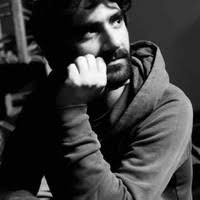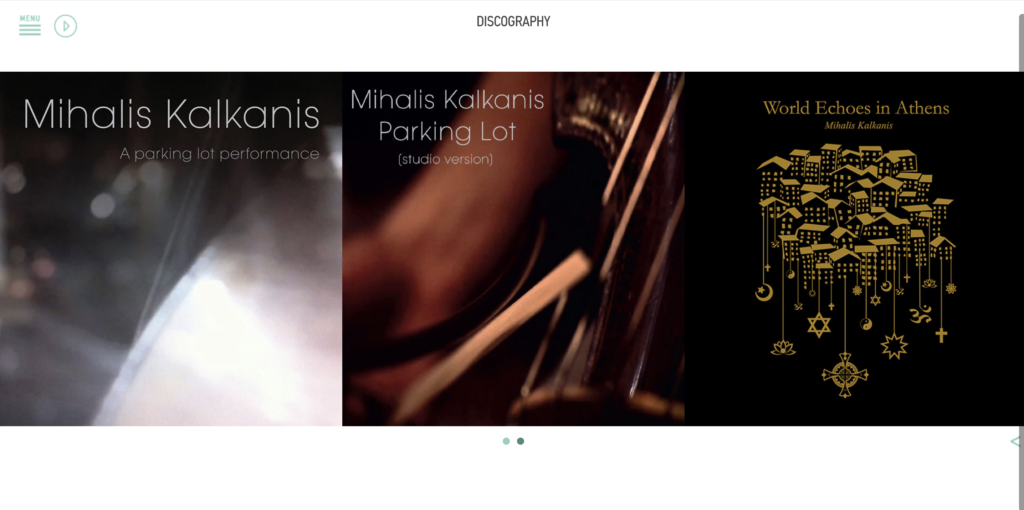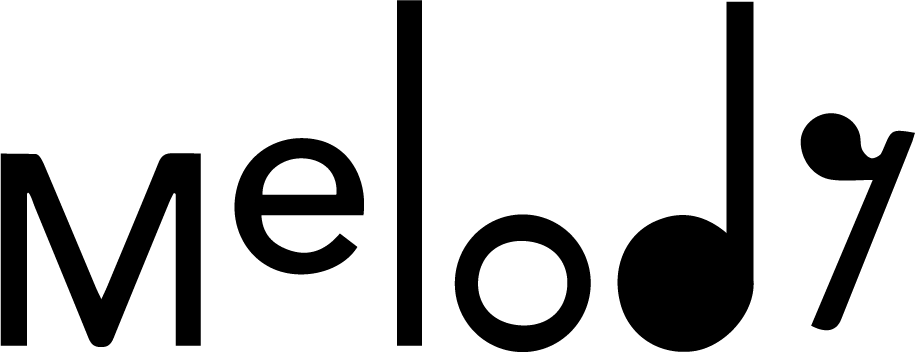
About Mihalis
Mihalis Kalkanis comes from a musical family whose roots spread from Northern Greece to Asia Minor. As influenced by his origins as he may be, his own sound has a clear urban context, a combination that makes him one of the most aspiring and creative musicians of the new generations.
As a double bass player he is a member of the Athens Symphony Orchestra and he is participating also as a guest player to concerts of the Athens State Orchestra, which is the orchestra with the greatest reputation in Greece.
His own music is a contemporary art form, blending jazz and classical influences with both electronic and Greek traditional elements in an atmospheric and groovy urban context. His first album “ Scarborough Tales” (2010) reminds a soundtrack and was the final project for his Master’s degree (MRes in Creative Music Technology – University of Hull, UK). His most recent album “World Echoes in Athens” began with a year round field recording in open or hidden places in Athens serving as temples where immigrants went to pray. After the compositions completed, the album was used as the soundtrack of the acclaimed photographer Tassos Vrettos’s exhibition titled “Wor(th)ship”, at the Benaki Museum (2015).
With his band has already performed in many festivals in and outside of Greece. He was selected as “2018 Upcoming Artist” in the Athens Technopolis Jazz Festival, and last June he performed at the Summer Nostos Festival in a special performance with video art and narration and the Siberian multi-instrumentalist and composer Nadishana as a guest. In October his band performed at Fira B Festival of Spain, and the next big event is scheduled for this summer at the historical “Little Theatre of Ancient Epidaurus” for the Athens Festival.
More info: www.mihaliskalkanis.com
Pedagogical approach
Music is a language, a form of expression
Basic goal as a teacher
My aim is to initiate young people and adults to the magic world of music through this beautiful instrument. To make students capable of playing music, not just the double bass. Music comes from the musician, not the instrument.
The first approach with the instrument / proper posture (for beginners)
The double bass is a big instrument and one might think that it needs a lot of effort and power in order to handle/play it. But the key is to find the proper body positioning as soon as possible in order to play effortless. This is a key that will enables the student to unlock many doors in his musical future.
There are no wrong notes.
I think it is very important to learn how we can embrace our mistakes instead of correcting them, as if there are no wrong notes. Music is a language, a form of expression, so in my view, we should preserve the environment of freedom and enjoyment specially for the beginners.
Notes are only one of the many elements of music.
All of us, when we look at a musical notation, the first thing that we focus on, are the notes. Notes represent the pitch and duration of a sound, but that’s all.. What about all the others elements that music consists of? Discussion and research on rhythm, dynamics, phrasing, timbre of the sound, articulation, harmony and many others, will give/enhance student’s interpretation with a professional musical character and it will open up her/his horizon in order to collaborate in a higher level with other musicians in the future.
Practicing efficiently
This is one of the most important aspects and I feel very responsible as a teacher to help my students find their formula/way of efficiently practicing in order to achieve the best possible results in the shortest possible time. Formulate together a daily practice routine can be very helpful to my experience. Saving time and energy is crucial in our days/world. My ultimate goal from one point onwards is the same as that of the parent. To make my students independent, to be able to teach themselves.
Creativity
I believe that each of us has a lot of creativity hidden inside. I really enjoy to explore my student’s creativity potential, and encourage her/him to find their own inner musical voice.
Uniqueness
Adaptability to the individual needs and dreams of each student is one of the principals I follow in my teaching. This concerns the formulation of the daily practice routine, repertoire, proper posture, technique and many more.
Suggested reading & discography
There are many books and musical compositions that have changed my musical life in a better way and I wish I had read/listened to all these earlier. I would love to share some of them with my students, in the right timing (which is not the same for everyone!).
Method
The vehicle for my pedagogical approach is the ABRSM which is a widespread examination system.
Contacter directement le professeur:


